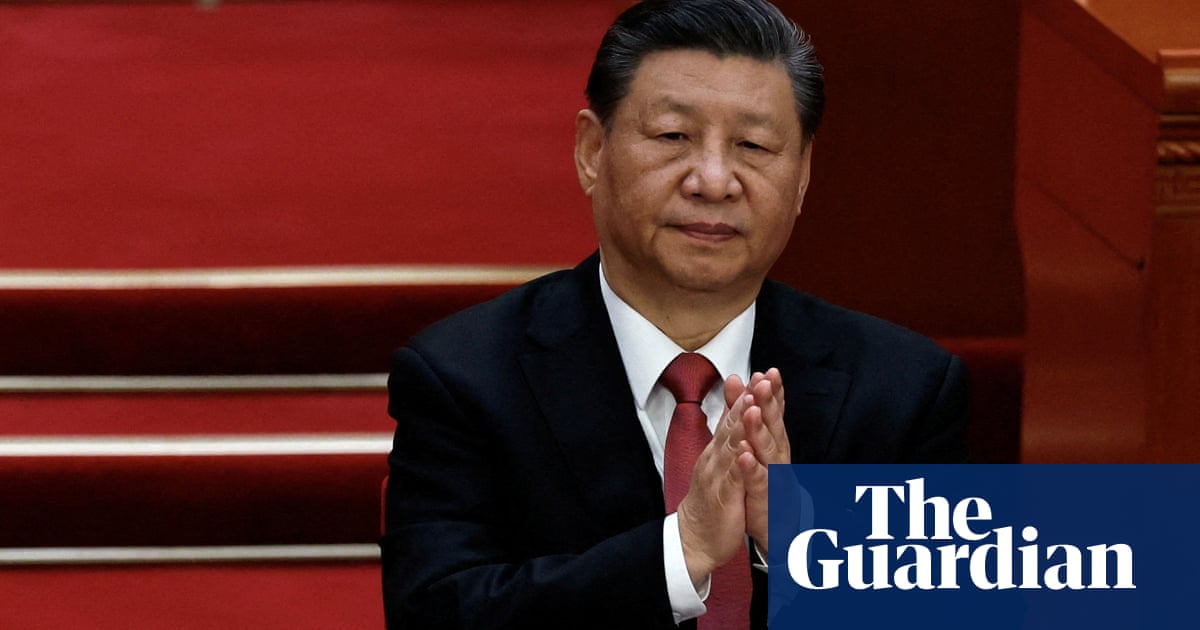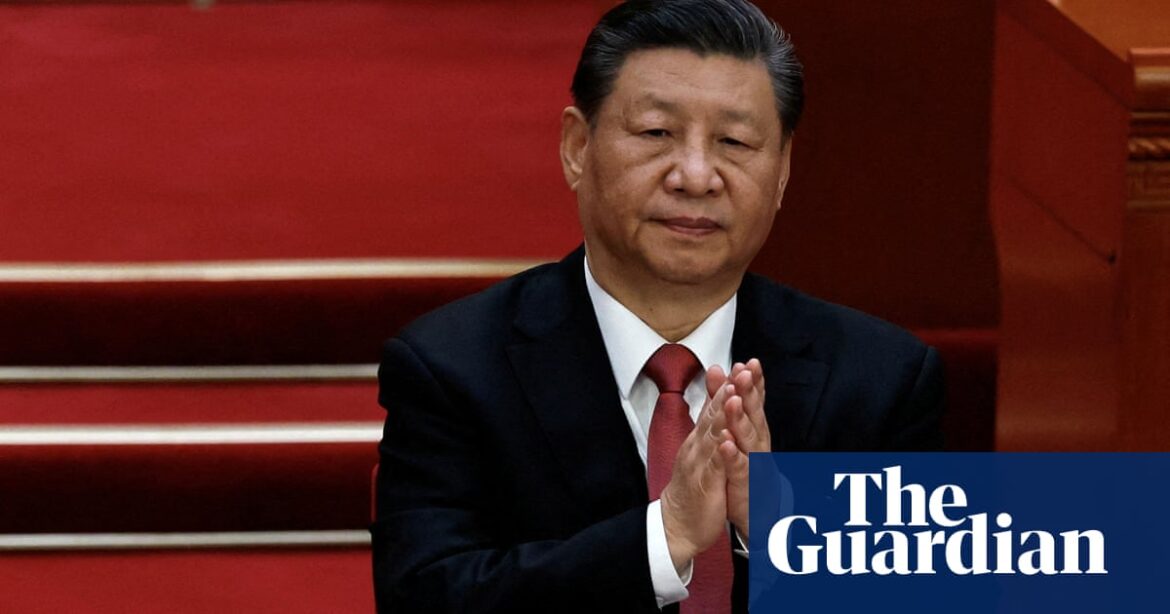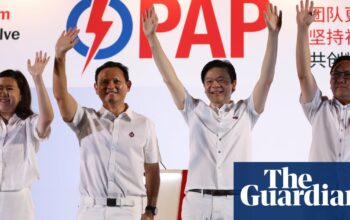
China’s economy slowed more than expected in the June quarter, increasing the likelihood that a gathering of top officials in Beijing this week will unveil efforts to rekindle growth.
The world’s second-largest economy expanded by 4.7% in the April-June period from a year earlier, the National Bureau of Statistics said on Monday. That result was down from 5.3% growth in the March quarter and the 5.1% rate economists had predicted.
The property sector continued to retreat, with total sales of new commercial buildings down 25% in the first half of 2024. Retail sales in June were down 0.12% from May, underscoring weak consumer sentiment that could make it hard for China to meet its full-year GDP growth target of about 5%.
The relatively weak quarterly result was bolstered by a record trade surplus of almost $US100bn in June alone as surplus manufactured goods were shipped overseas. The threat of rising trade barriers, particularly if Donald Trump is re-elected US president later this year, adds to the pressure for China’s leaders to reignite growth at home.
The figures came as top Chinese officials gathered in Beijing on Monday at a key political meeting that has historically seen officials unveil big-picture economic policy changes.
“Turning these [economic] trends around should be front and centre of this week’s third plenum,” said Harry Murphy Cruise, an economist with Moody’s investor services.
Still, the five-yearly event may end up disappointing those seeking major economic changes as “big policy pivots can be taken as an admission of failure and a sure-fire way to lose face” in China, he said. “Instead, we expect a modest policy tweak that expands high-tech manufacturing and delivers a sprinkling of support to housing and households.”
China’s president, Xi Jinping, will oversee the ruling Communist party’s secretive gathering. Beijing has offered few hints about what might be on the table.
State media in June said the delayed four-day gathering would “primarily examine issues related to further comprehensively deepening reform and advancing Chinese modernisation”, and Xi has said the party is planning “major” reforms.
Analysts are hoping those pledges will result in badly needed support for the economy.
“The upcoming plenum can’t come soon enough,” Sarah Tan and Harry Murphy Cruise wrote for Moody’s Analytics last week.
Beijing should take decisive action to reform the property sector, loosen restrictions on internal migration, boost high-skilled jobs for graduates and modify the tax system to ease local government debt, they said.
But they added that leaders would “probably not” make sweeping reforms, instead choosing “a modest policy tweak that expands hi-tech manufacturing and a sprinkling of supports to housing”.
The People’s Daily, the Communist party’s official newspaper, appeared to confirm those lower expectations when it warned last week that “reform is not about changing direction and transformation is not about changing colour”.
Ting Lu, chief China economist at Nomura, said the meeting was “intended to generate and discuss big, long-term ideas and structural reforms instead of making short-term policy adjustments”.
The third plenum has previously been an occasion for the party’s top leadership to unveil major economic policy shifts.
In 1978, then-leader Deng Xiaoping used the meeting to announce market reforms that would put China on the path to rapid economic growth by opening it to the world.
More recently, after the closed-door meeting in 2013, the leadership pledged to give the free market a “decisive” role in resource allocation, as well as other sweeping changes to economic and social policy.
Authorities have been clear they want to reorient the economy away from state-funded investment and instead base growth around hi-tech innovation and domestic consumption.
But economic uncertainty is fuelling a vicious cycle that has kept consumption stubbornly low.
Among the most urgent issues facing the economy is the beleaguered property sector, which long served as a key engine for growth but is now mired in debt, with several top firms facing liquidation.
Authorities have moved in recent months to ease pressure on developers and restore confidence, including by encouraging local governments to buy up unsold homes.
NAB senior economist Gerard Burg said the property sector had contracted year-on-year for the past 28 months. Investment in real estate fell 7.4%, accelerating from May’s 4.7% decline from a year earlier.
“Conditions in China’s residential property sector remain broadly negative – with sales falling by 14.3% year-on-year in June, while construction starts fell by 18.3%,” Burg said.
June retail sales after removing inflation were 1.8% higher than for the same month in 2023. That was the weakest result since December 2022, which was negatively impacted by the Omicron wave of Covid-19 and the sudden end of zero-Covid policies.
“This continues to point to the soft domestic demand conditions that have persisted since the pandemic,” he said.
Analysts say much more is required for a full rebound, as the country’s economy has yet to bounce back more than 18 months after damaging Covid-19 restrictions ended.
Agence France-Presse contributed to this report
Source: theguardian.com



